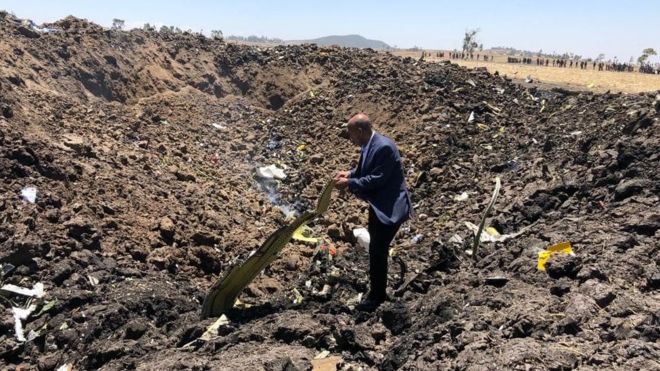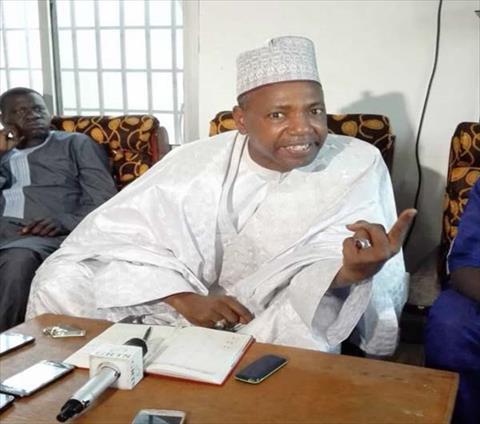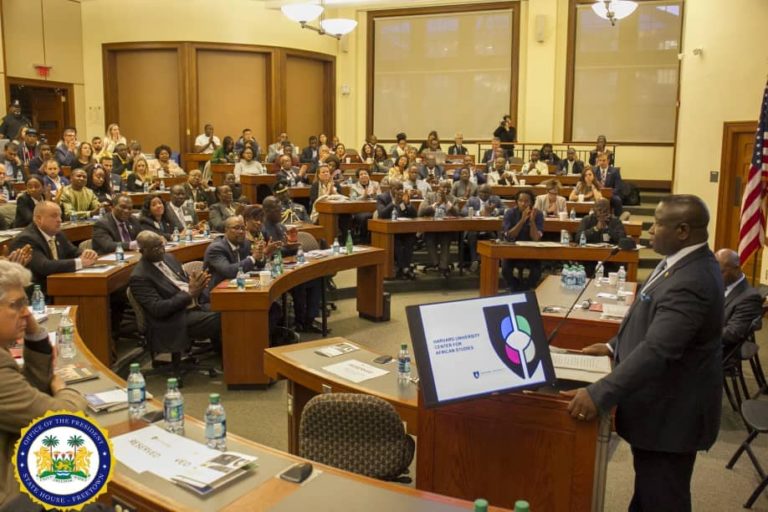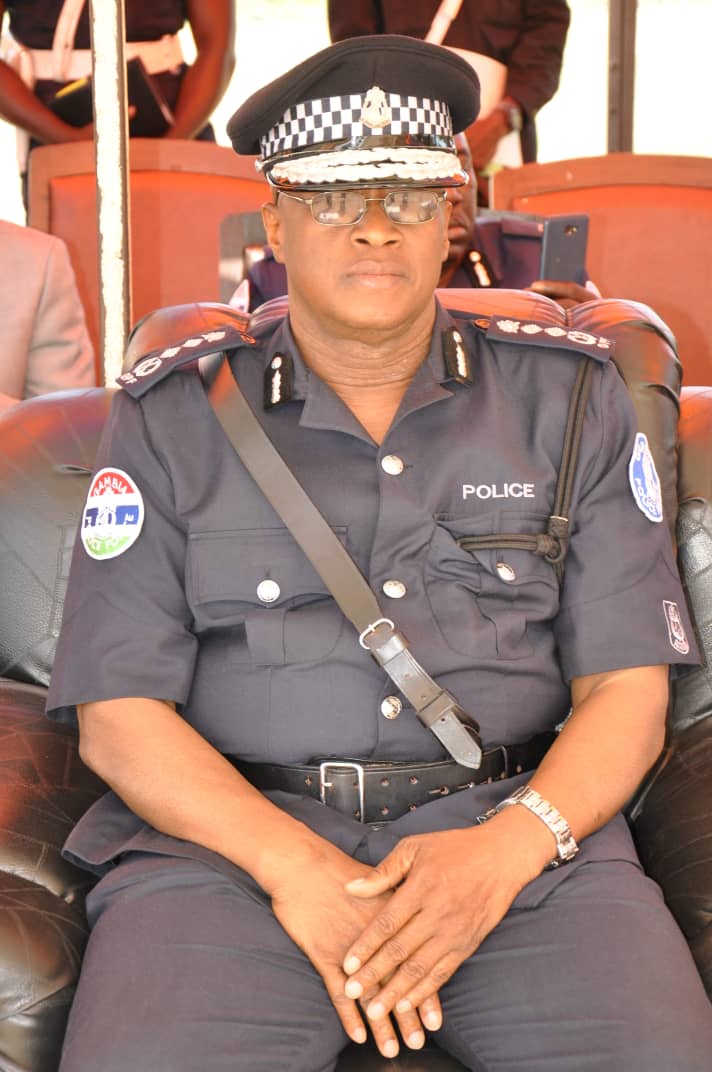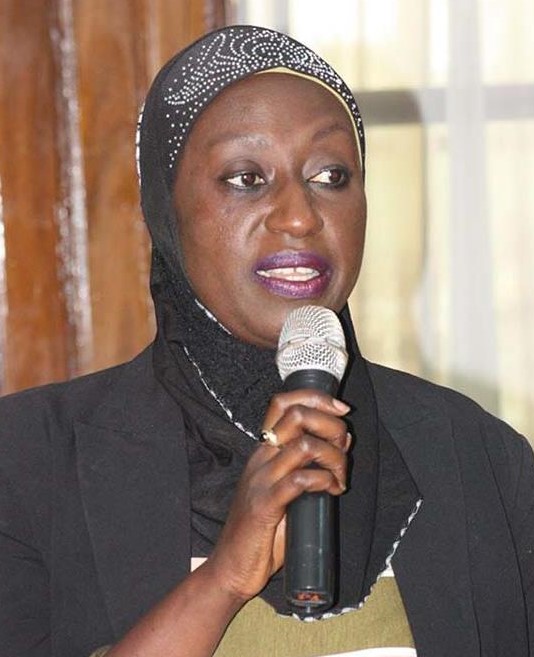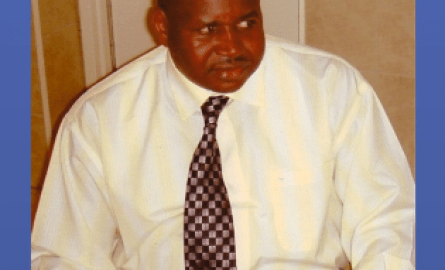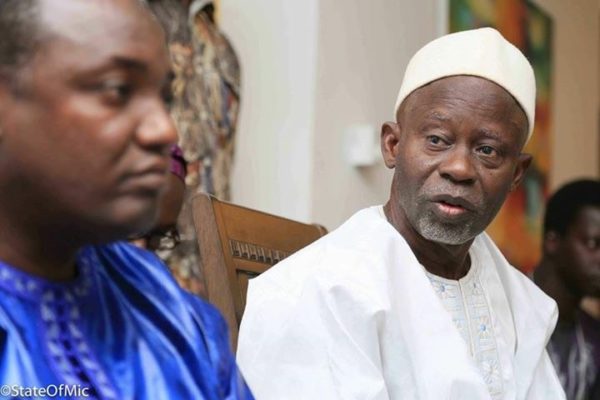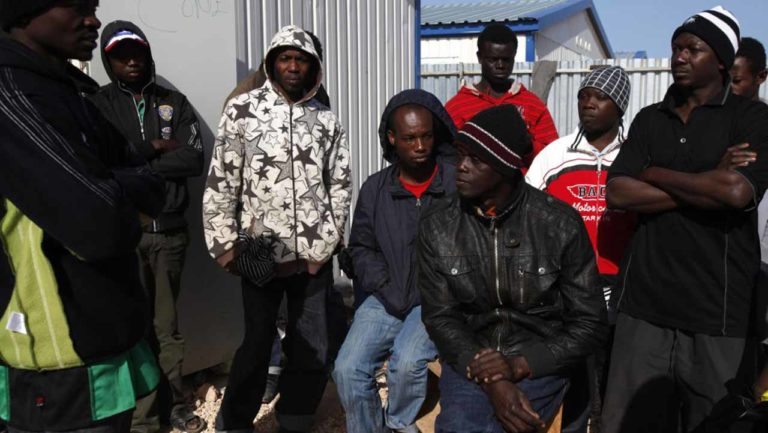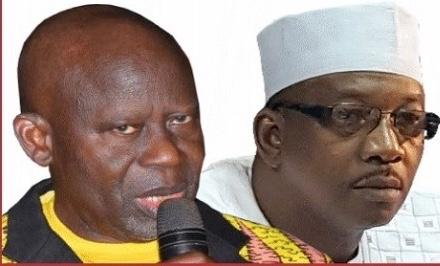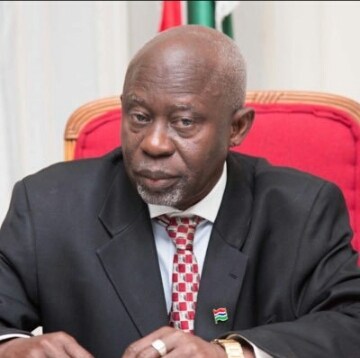An Ethiopian Airlines jet has crashed shortly after take-off from Addis Ababa, killing all on board, the airline says.
It said 149 passengers and eight crew members were believed to be on flight ET302 from the Ethiopian capital to Nairobi in Kenya.
The airline added that there were 33 different nationalities on board.
The crash happened at 08.44 local time, six minutes after the months-old Boeing 737 Max-8 took off.
It is not yet clear what caused the accident.
An eyewitness at the scene told the BBC there was an intense fire as the aircraft hit the ground.
“The blast and the fire were so strong that we couldn’t get near it,” he said. “Everything is burnt down. There are four helicopters at the scene now.”
First word of the crash came when Prime Minister Abiy Ahmed expressed his “deepest condolences” on Twitter.
In an earlier statement, the airline said that search and rescue operations were under way near the crash site around the town of Bishoftu, which is 60km (37 miles) south-east of the capital.
“Ethiopian Airlines staff will be sent to the accident scene and will do everything possible to assist the emergency services,” the statement added.
Boeing, the company that built the aeroplane, said in a tweet that it was “closely monitoring the situation”.
Its 737 Max-8 aircraft is relatively new to the skies, having been launched in 2016. It was added to the Ethiopian Airlines fleet in July last year.
Another plane of the same model was involved in a crash five months ago, when a Lion Air flight crashed into the sea near Indonesia with nearly 190 people on board. (BBC)

